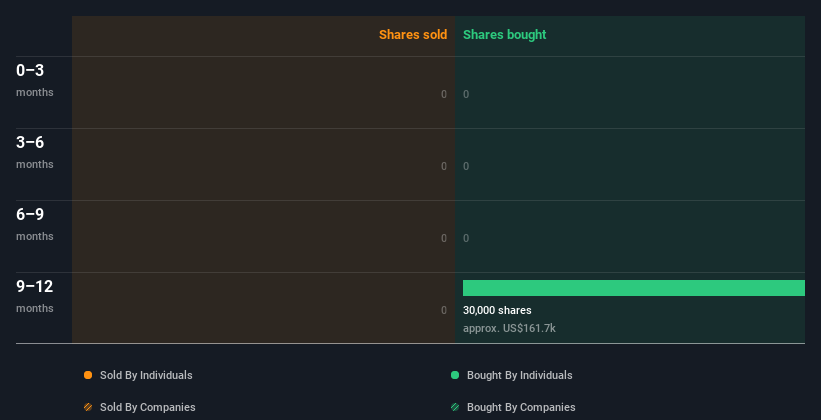- United States
- /
- Real Estate
- /
- NYSE:COMP
Insiders who purchased Compass, Inc. (NYSE:COMP) earlier this year lose an additional US$76k as the stock sinks to US$2.85

The recent price decline of 16% in Compass, Inc.'s (NYSE:COMP) stock may have disappointed insiders who bought US$162k worth of shares at an average price of US$5.39 in the past 12 months. Insiders buy with the expectation to see their investments rise in value over a period of time. However, recent losses have rendered their above investment worth US$86k which is not ideal.
While we would never suggest that investors should base their decisions solely on what the directors of a company have been doing, logic dictates you should pay some attention to whether insiders are buying or selling shares.
View our latest analysis for Compass
Compass Insider Transactions Over The Last Year
In the last twelve months, the biggest single purchase by an insider was when Independent Director Frank Martell bought US$162k worth of shares at a price of US$5.39 per share. That means that an insider was happy to buy shares at above the current price of US$2.85. Their view may have changed since then, but at least it shows they felt optimistic at the time. We always take careful note of the price insiders pay when purchasing shares. As a general rule, we feel more positive about a stock when an insider has bought shares at above current prices, because that suggests they viewed the stock as good value, even at a higher price. The only individual insider to buy over the last year was Frank Martell.
You can see a visual depiction of insider transactions (by companies and individuals) over the last 12 months, below. By clicking on the graph below, you can see the precise details of each insider transaction!

Compass is not the only stock insiders are buying. So take a peek at this free list of growing companies with insider buying.
Does Compass Boast High Insider Ownership?
For a common shareholder, it is worth checking how many shares are held by company insiders. Usually, the higher the insider ownership, the more likely it is that insiders will be incentivised to build the company for the long term. Compass insiders own about US$84m worth of shares. That equates to 6.4% of the company. This level of insider ownership is good but just short of being particularly stand-out. It certainly does suggest a reasonable degree of alignment.
What Might The Insider Transactions At Compass Tell Us?
It doesn't really mean much that no insider has traded Compass shares in the last quarter. However, our analysis of transactions over the last year is heartening. Overall we don't see anything to make us think Compass insiders are doubting the company, and they do own shares. So these insider transactions can help us build a thesis about the stock, but it's also worthwhile knowing the risks facing this company. While conducting our analysis, we found that Compass has 3 warning signs and it would be unwise to ignore them.
Of course Compass may not be the best stock to buy. So you may wish to see this free collection of high quality companies.
For the purposes of this article, insiders are those individuals who report their transactions to the relevant regulatory body. We currently account for open market transactions and private dispositions, but not derivative transactions.
New: AI Stock Screener & Alerts
Our new AI Stock Screener scans the market every day to uncover opportunities.
• Dividend Powerhouses (3%+ Yield)
• Undervalued Small Caps with Insider Buying
• High growth Tech and AI Companies
Or build your own from over 50 metrics.
Have feedback on this article? Concerned about the content? Get in touch with us directly. Alternatively, email editorial-team (at) simplywallst.com.
This article by Simply Wall St is general in nature. We provide commentary based on historical data and analyst forecasts only using an unbiased methodology and our articles are not intended to be financial advice. It does not constitute a recommendation to buy or sell any stock, and does not take account of your objectives, or your financial situation. We aim to bring you long-term focused analysis driven by fundamental data. Note that our analysis may not factor in the latest price-sensitive company announcements or qualitative material. Simply Wall St has no position in any stocks mentioned.
About NYSE:COMP
Good value with reasonable growth potential.
Similar Companies
Market Insights
Community Narratives




